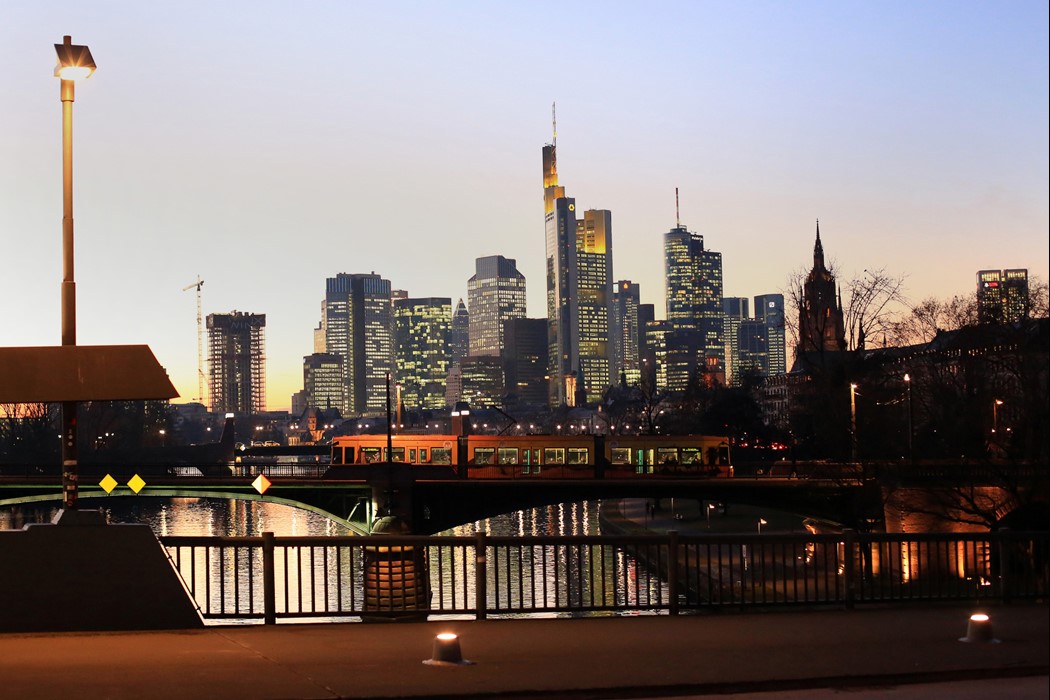EU Grids Propose Splitting Germany’s Power Market Into Zones
Apr 28, 2025 by Bloomberg(Bloomberg) -- Europe’s grid operators have proposed splitting Germany’s power market into five separate bidding zones on the basis it would bring economic benefits.
ENTSO-E, the umbrella organization of transmission system operators in the European Union, said in a report Monday that carving up the Germany-Luxembourg power market into five could bring as much as €339 million in savings. That’s equivalent to around 1% of the system costs for the Central European region, it said in the report.
Currently Germany is comprised of just one bidding zone allowing industry, located in the south, to access power production in the north at cheaper rates. Proponents of breaking up the market say that it would reduce bottlenecks in the grid system and provide better price signals for the build out of renewables in the south. Both the government and industry worry it could push up prices for a crucial sector.
While the report doesn’t mean Germany has to take any action, it does put pressure on Europe’s largest economy at a time when power prices across the EU are volatile. Connected markets like Sweden have previously complained that Germany’s sole bidding zone creates large swings in its own power market and is refusing to finalize a new power cable connecting the two countries until there’s reform.
Germany’s new government, led by Friedrich Merz’s CDU/CSU bloc and the Social Democrats, has committed in its coalition agreement to maintaining the country’s single electricity price zone. Markus Söder, the CSU Prime Minister of Bavaria, reinforced this position last week, stating in a local newspaper Augsburger Allgemeine, that Germany will push this through despite concerns from the European Commission.
The think tank Agora Energiewende said that abolishing Germany’s uniform electricity price zone could lower electricity costs for most consumers and reduce distortions in grid operations.
©2025 Bloomberg L.P.
By


















